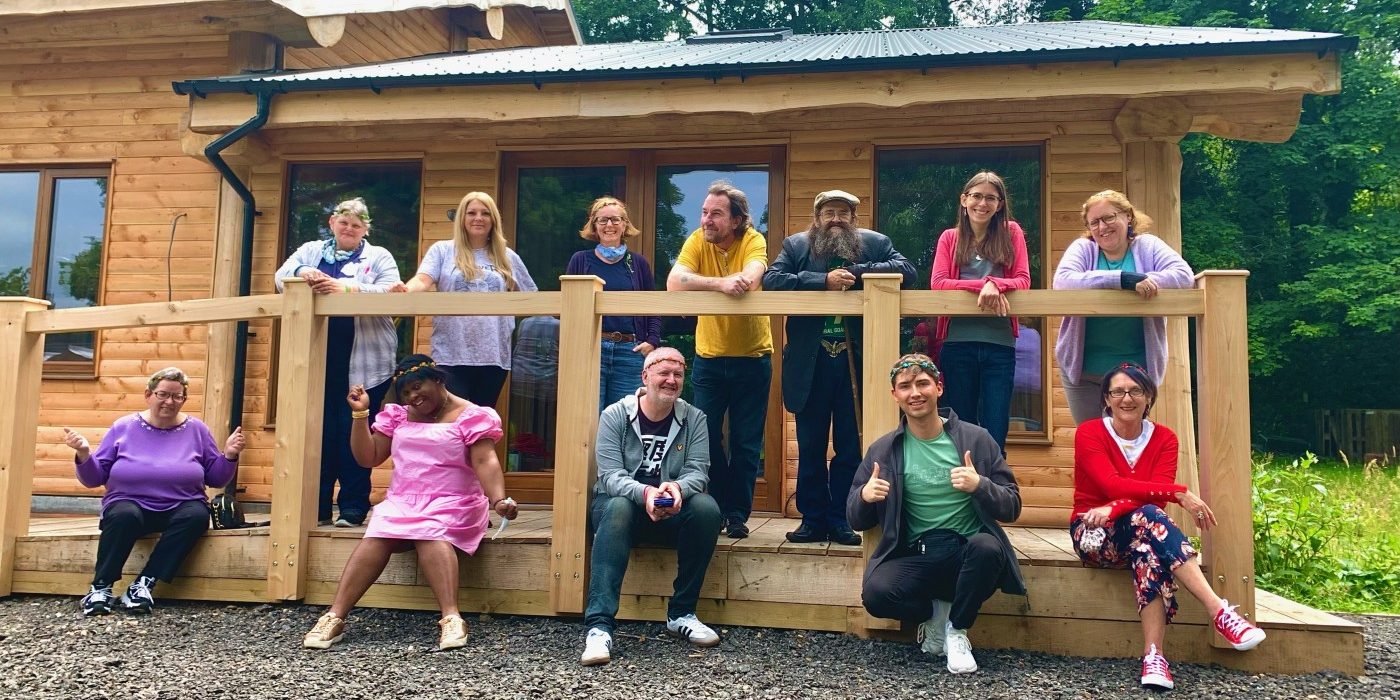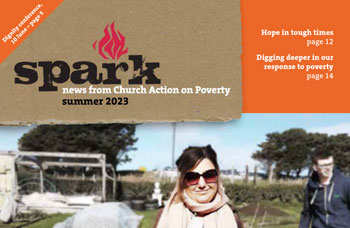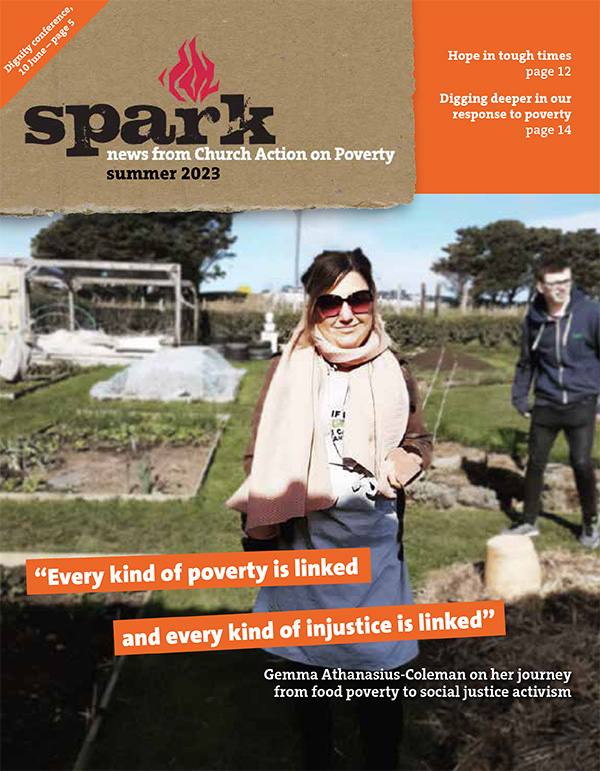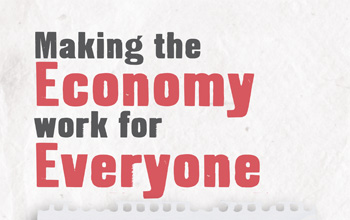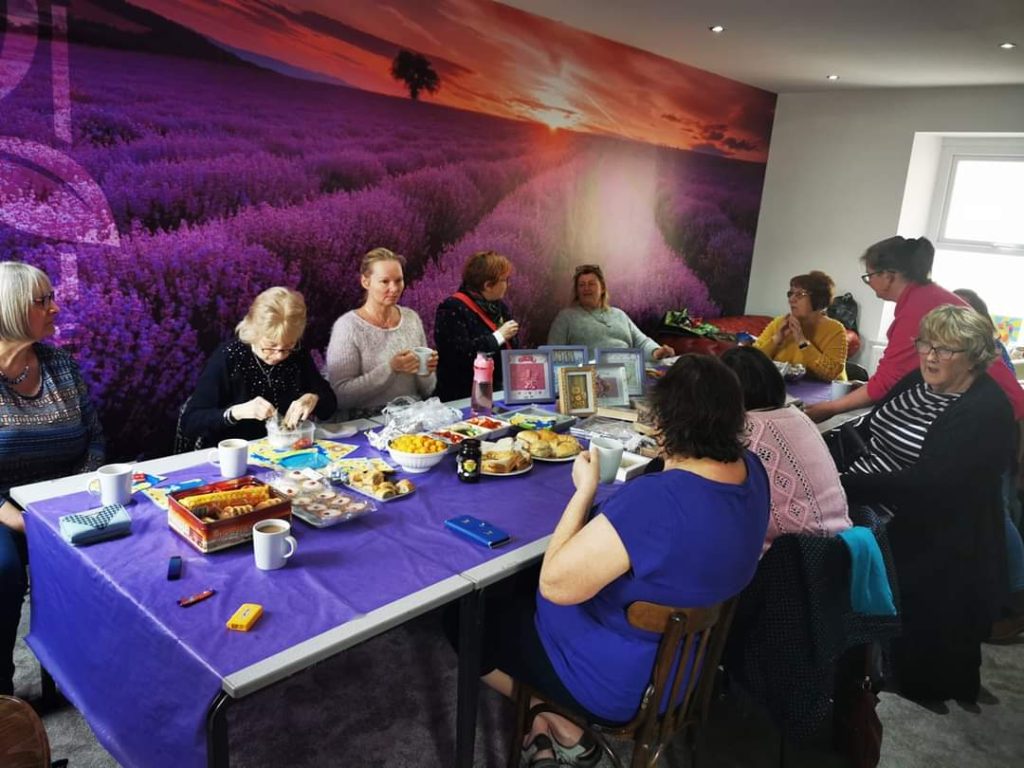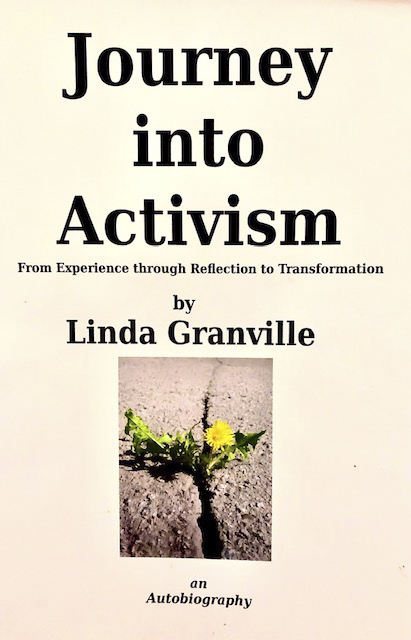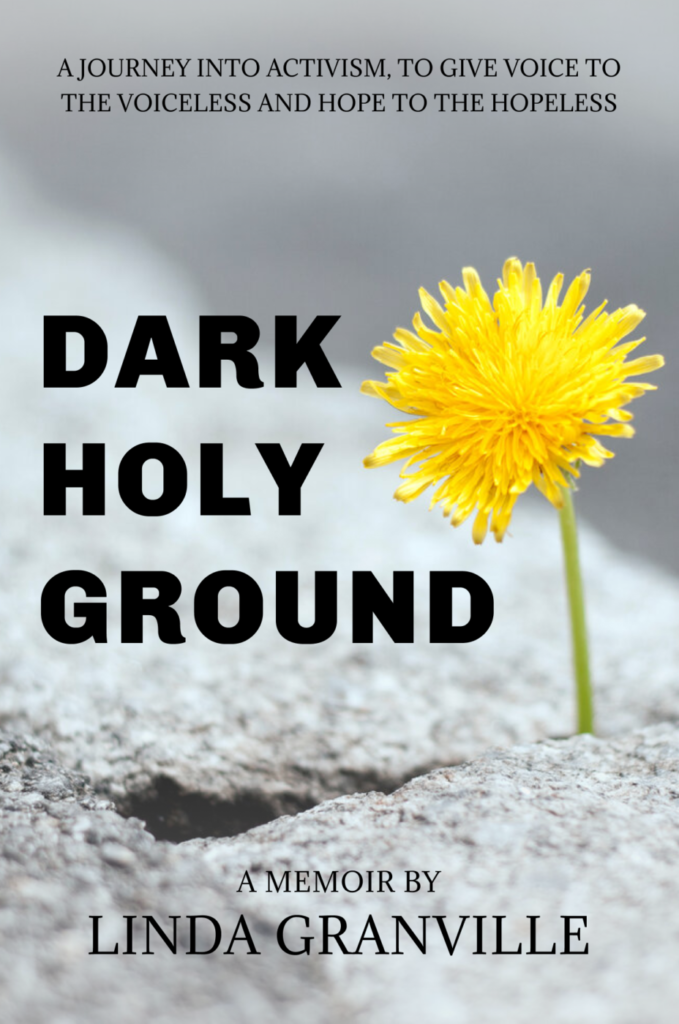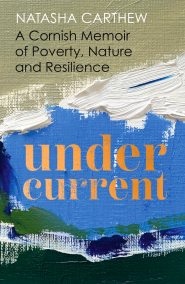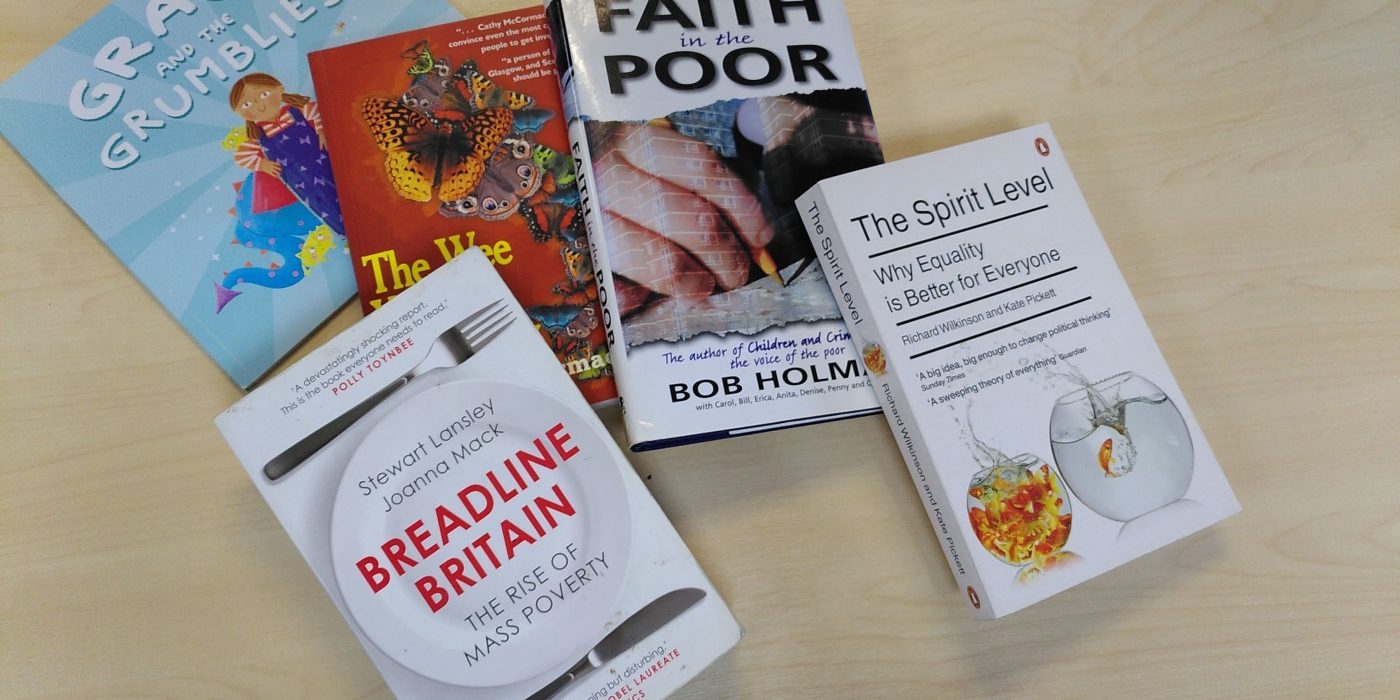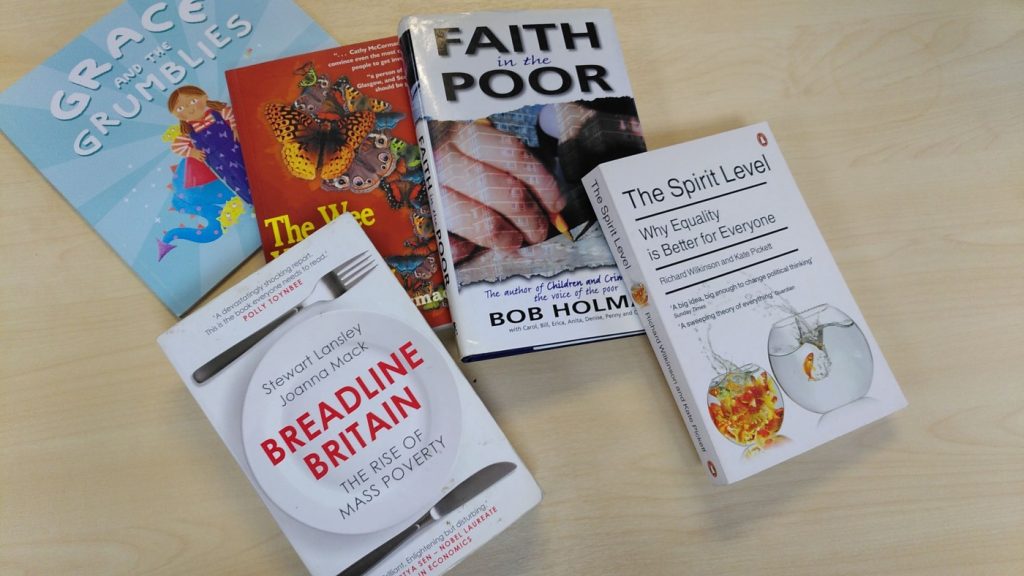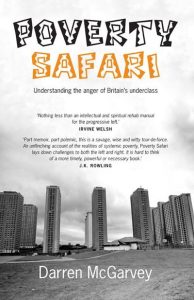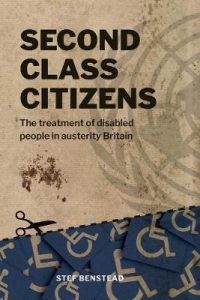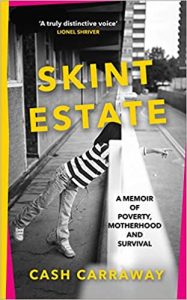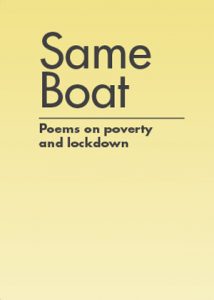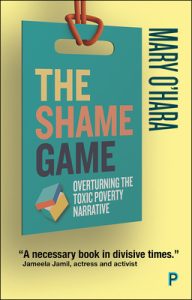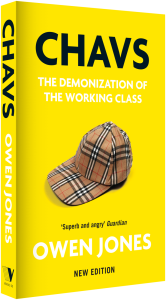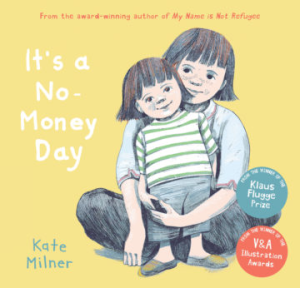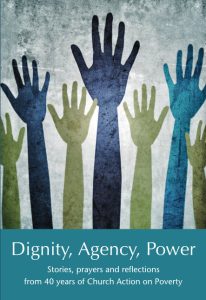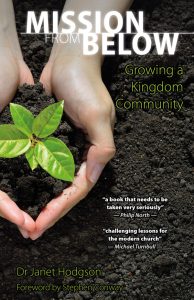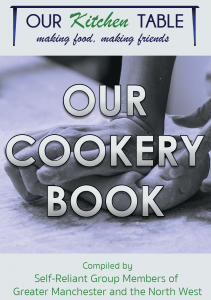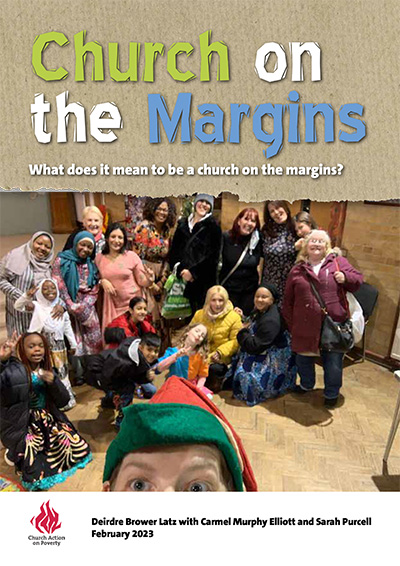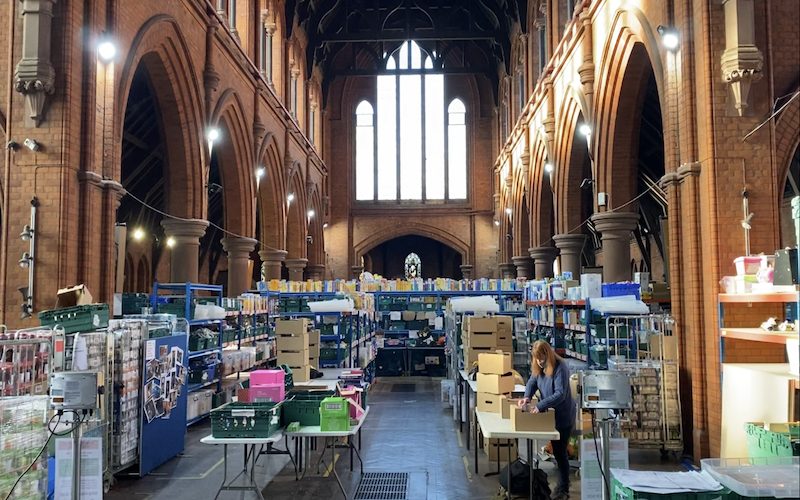We're looking forward to our 'Dignity for All' conference this summer. One of our key partners in the event is the APLE Collective. Here's their story.
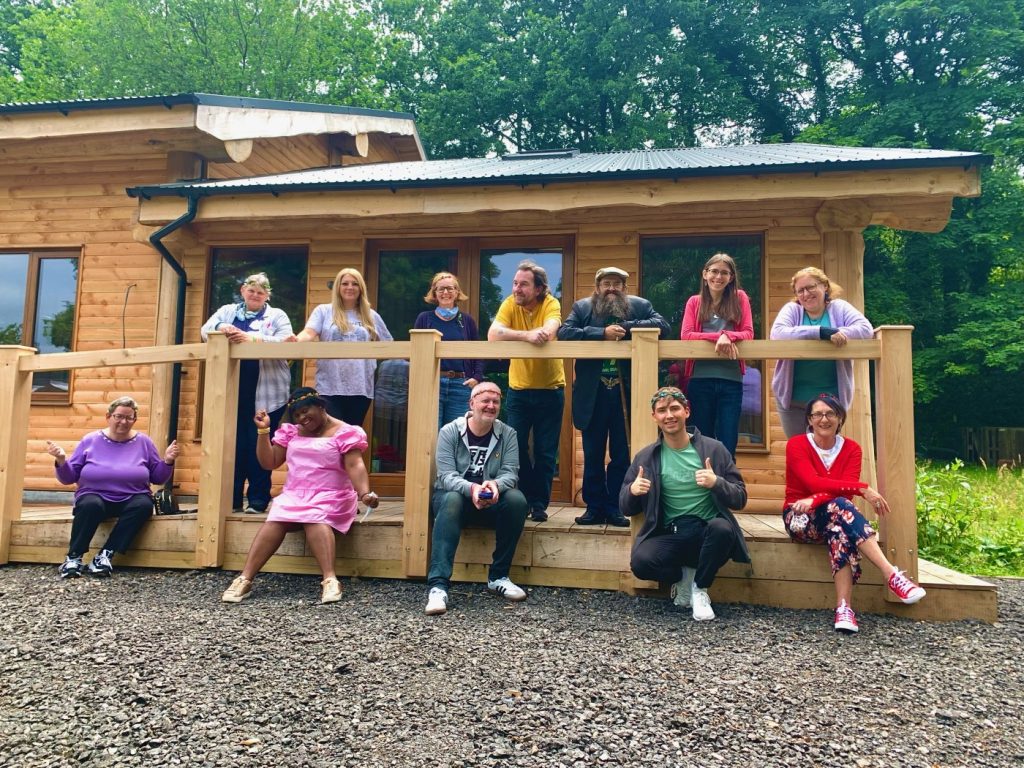
The APLE Collective is a national collective of individuals who experience poverty, working together with organisations that support us to take positive action to eradicate poverty.
The Collective was formed in 2018, when a number of groups led by people with direct experience of poverty were invited to meet up with the Poverty2Solutions alliance (ATD Fourth World, Dole Animators and Thrive):
- Hope Rising Action
- Salford Poverty Truth Commission
- West Cheshire Poverty Truth Commission
- Community Pride CIC
- Expert Citizens
All agreed that it would be good to come together as a larger network of people with direct experience of poverty. It is only when people with direct experience of an issue are able to affect the decisions that affect them that real, meaningful change can happen. People with direct experience of poverty have experience and expertise that are critical to inform effective decision-making processes. They have the potential to make positive advancements with life chances and improvements in personal livelihoods. Having a lone voice without support makes this difficult. A collective can offer support and make it possible to affect change.
The collective agreed this mission statement:
“We aim to create a sustainable grassroots network across the UK. To raise awareness of poverty, reduce stigma and work together to affect change”
The first piece of work actioned by the APLE collective was held on October 17th (International Day for the Eradication of Poverty). Groups led by people with direct experience of poverty throughout the UK united and raised awareness through activities including an event at the House of Lords , a ‘speakers’ corner’, a workshop for the Social Audit Network Annual Conference, creating Poverty Zines, a Twitter takeover of journalist Ros Wynne Jones’ Wigan Pier Project, and a letter to the Secretary of State for Work and Pensions which was published by The Times.
APLE Collective continued to develop in 2019, with another successful International Day for the Eradication of Poverty. APLE Collective members asked for groups with lived experience of poverty to share their anti-poverty campaign action with APLE. This activism was mapped onto an interactive UK Map which enabled users of APLE’s aplecollective.com website to scroll over icons on the map and see what anti-poverty activism by lived experience was happening across the UK.
As the pandemic was declared in March 2020 face-to-face meetings became Zoom meetings, and digital exclusion among our members was an immediate issue. Digital exclusion for APLE Collective was an issue not simply in terms of accessing community support, public health information, home education and job searching, but more fundamentally about voice. To be digitally excluded in 2020 meant to be silenced.
We spoke at the All-Party Parliamentary Group on Universal Credit, at the Local Trust Conference and at a variety of other locally based events sharing the issues around the digital divide and seeking solutions. This digital divide campaigning was amplified during the International Day for the Eradication of Poverty, when we once again lit up our UK map with the actions and voices of lived experience.
The APLE campaign to address the digital divide continued to gain traction through 2021, and we won a UK Parliament Award for Digital Campaigner of the Year 2021!
“It’s great to see the recognition of the campaigning work produced by the APLE Collective. APLE were quick to respond to many different issues both locally and nationally.”
Tracey Herrington
We also published a book, Voices of Lived Experience of Poverty During COVID-19, which asked: “How would your experience of the COVID-19 pandemic have been different if you had no access to the internet?“
Drawing on case studies from Thrive Teeside, ATD Fourth World and Expert Citizens (APLE Collective organisations), this book interrogates the term ‘lived experience’. It critically investigates how knowledge gained from lived experiences of poverty is integral to developing effective COVID-19 policy responses.
And since June 2021, we have held an annual #APLEMonth! The APLE Collective highlighted and celebrated all of the organisations, charities and individuals who have lived experience of poverty or use their voice to campaign against poverty and inequality.
Church Action on Poverty is excited to be working in partnership with the APLE collective. They are helping to make sure that our ‘Dignity for All’ conference is genuinely led by the real experts – people with lived experience of poverty.

